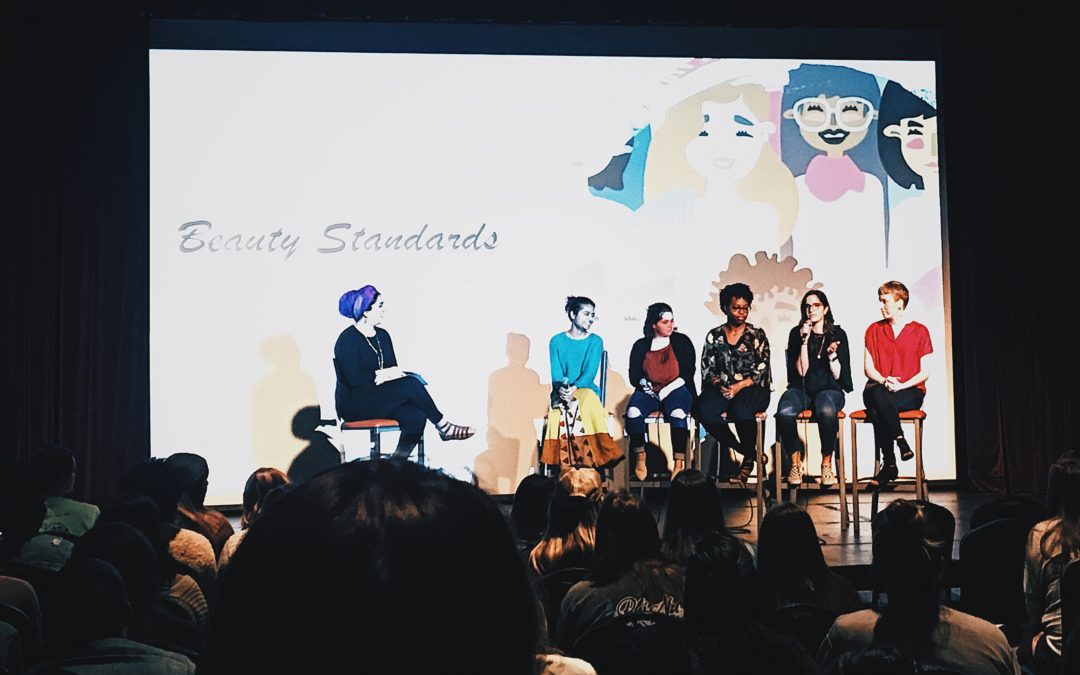Lipscomb held its second annual chapel dedicated to women’s empowerment week on Thursday. Sophomore Bana Faraj hosted the event, helped organize and even participated as spokesperson during the break-out chapel.
“Women don’t realize that they self-hate, and that can cause them to not be kind and in some cases to hate on other women,” Faraj said. “So when we give them a second to step back and examine, ‘how do I feel about myself,’ it allows them to understand that how you feel about yourself reflects how you treat others.”
Before the event, Faraj showed raw nervousness and excitement as flocks of people came to listen in support of the cause. Along with the five speakers Agnus De Leon, Kavya Patel, Rojeda Merani, Ansley Glenn and Shaniya Pleasant, Faraj’s passion and positive energy radiated throughout the room.
“This means a lot because I think all around the world we have these conversations all the time,” Faraj said. “It doesn’t matter what part of the world you are from; these conversations are so important.”
The panel showcased five female students from different ethnicities and backgrounds, with the main topic being beauty standards around the world and how they affect everything around us. Each individual had their own definition of beauty and the journey towards finding true self-love and worth in today’s society.
“I think with men it’s a conversation of understanding how to talk to women, how to approach women and how to be a part of the conversation of uplifting women,” Faraj said. “I think a lot of the times that’s not what men do — some men do, and some men don’t.
“There is good and bad in all of it. I think there are men that who have not truly learned how to talk to women or how to treat women. I don’t know where that can stem from — there can be a million reasons — but I think the conversation of how you speak to women and value women.”
The conversation went back and forth in order to create awareness and understanding towards everyone in the room.
“Just because you’re not sexually attracted to someone doesn’t mean you can’t value their worth as a person,” Faraj said. “When you can teach them how to do that, that allows women to understand that they don’t have to look a certain way.”
DSO and Program Coordinator for Intercultural Development Laia Jones closed in prayer.
Photo by author

